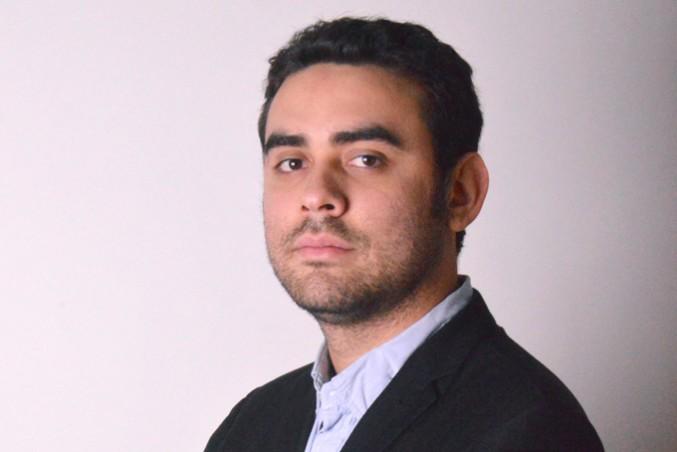By Hayley Hanks
Having your PhD by the time you are 27 is not your average feat. Ciro Lecompte, 26, is a graduate student at Ryerson University, enrolled in the Environmental Applied Science and Management program. He hopes to receive his degree by the end of next year.
“My plan is to graduate … in the October ceremony. So, [I] hopefully have to finish by August,” said Lecompte.
In his home country of Colombia, Lecompte completed high school at the age of 15, and obtained his undergraduate degree by the age of 19. He then spent two years working in the field and continued to pursue his master’s degree in Toronto when he was 21.
Lecompte’s research focuses on water resource management, specifically in the treatment of water in meat processing factories and slaughterhouses. One of Lecompte’s goals is to, through his research, find more sustainable management for water in these processing plants.
“[There is] high organic content that we can use for energy recovery,” said Lecompte.
Trained in civil engineering from his undergraduate obtained in Colombia, Lecompte became interested in environmental processes when he came to Toronto in 2010 for his master’s in Environmental Applied Science and Management at Ryerson. He decided to research meat processing factories because the work was unusual and had not been researched extensively.
“The area that I am researching in is not fully developed. The industry can use this research to improve their production techniques, so they can reduce their watermark that they currently have, so they basically can reuse the water that they use during production…So, we basically create a closed-loop system,” said Lecompte.
During the time between his undergraduate and his master’s degrees, Lecompte spent two years in Colombia working at the Institute of Hydraulics and Environmental Assessment. This is where he became more interested in environmental assessments; his research aims to contribute to how meat processing factories can manage their wastewater in the future, in a more environmentally conscious way.
“Meat processing is an industry that is constantly growing. You can see that in the last five to 10 years, countries like China or India, even Latin America, are still exponentially growing. So is Africa. And these countries, if you read about meat product consumption, they have increased almost 20 per cent to 30 per cent in those years,” said Lecompte.
Lecompte has faced many struggles as a PhD student. Among these problems is being an international student and dealing with fees and immigration.
“I am an international student, so fees are usually a big concern. We pay, like, 2.5 times the average fee,” said Lecompte.
International students also have to deal with whether or not to stay in Canada after they are done their graduate studies.
“I was lucky that I got this very good scholarship from the province and Ryerson, the Ontario Trillium Scholarship, for my PhD. Otherwise, I wouldn’t be able to continue my studies as a PhD student,” said Lecompte.
Hoping to finish his degree by August of 2016, Lecompte is also struggling with how to stay in Canada after his degree is completed.
“I applied for permanent residence last year. I am still waiting for the answer,” said Lecompte who hopes to stay in Canada and use his degree to teach at a post-secondary level. This has been his plan since he began his graduate career.
Other struggles, Lecompte explained, included language barriers, staying fit, homesickness and Canadian winters.
In Lecompte’s first year of his PhD he was juggling his research, courses and studying for his candidacy exam to be considered a candidate for his degree. This exam is to evaluate students’ comprehension about their area of research, as well as their research proposals. Lecompte’s exam involved both written and oral components.
“You have to prepare Powerpoint slides about your research work. What are you proposing, what methods are you going to use, if you have any previous results (experiments in my case), [and] if you have a plan, as well,” said Lecompte.
On top of his research, Lecompte also works as a research assistant and a teaching assistant for Ryerson.
“At the beginning [it] was very hard to get a TA [position], especially because my program does not have an undergrad degree at Ryerson,” said Lecompte.
“Academia is…the area that I want to work in. So, I want to get my PhD, I want to get some experience in teaching, so right now I have my teaching assistantships…my plan, basically, is to become a professor,” Lecompte said. “My real passion is to teach, to give back what I learn.”
Dissertations is an ongoing look into the lives of graduate students in the Ryerson community. A new entry will be published each Saturday.












Leave a Reply